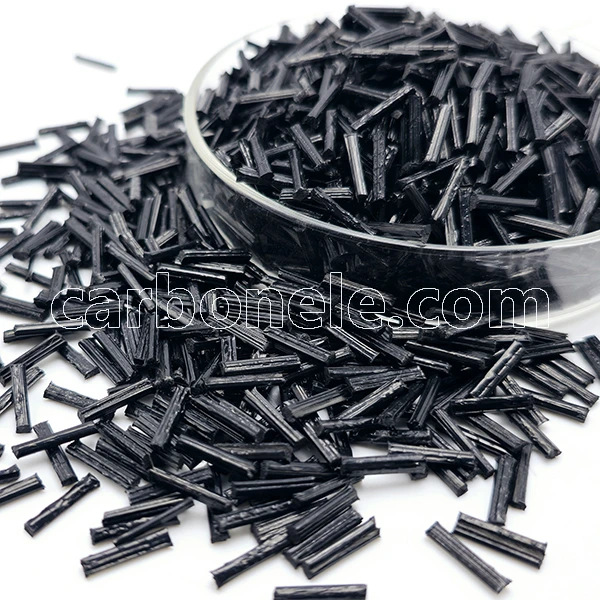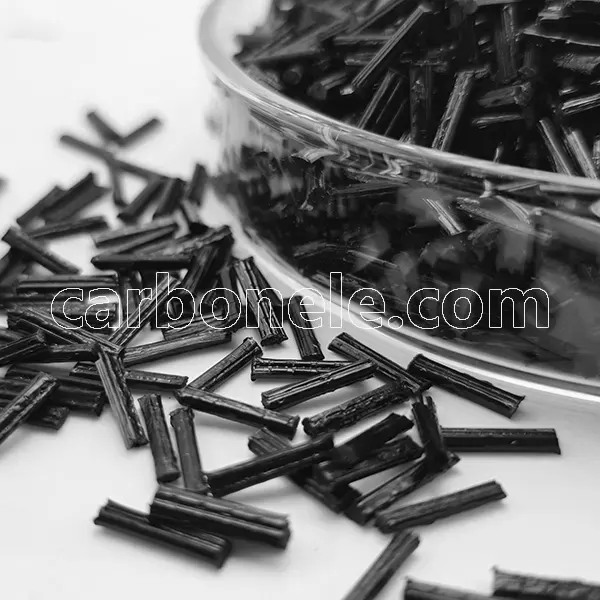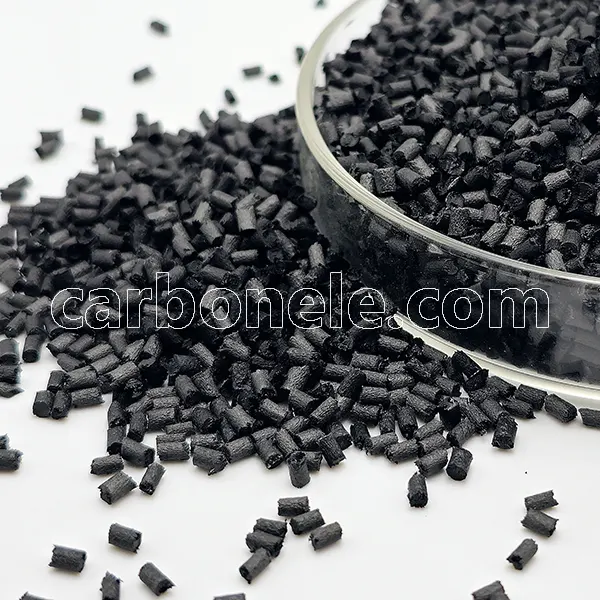Tired of Chemical Damage? PPSU-CF10 Delivers Unmatched Resistance
Chemical degradation eats away at industries from operating rooms to factory floors—a costly, relentless problem. Parts bathed in aggressive sterilants, fuels, solvents, or acids often fail far too soon.
The consequences? Production halts, safety risks soar, maintenance budgets explode, and trust erodes. Traditional metals and engineering plastics offer Band-Aid solutions at best. Under constant chemical assault, they swell, micro-crack, and slowly lose their integrity.
Enter PPSU-CF10. This isn’t just another material. It’s a carbon fiber-reinforced polyphenylsulfone composite, purpose-built to defy chemicals without trading off an ounce of performance. Thanks to its 10% carbon fiber makeup, PPSU-CF10 brings unshakable reliability to applications where failure isn’t an option.
The Invisible Enemy: Chemical Degradation Unmasked
Chemical damage is a stealthy foe. Unlike sudden impact or thermal shock, it works in the background—weakening structures long before any visible clues appear. Think medical sterilization chambers, chemical processing plants, or aircraft fuel systems. Here, materials must brave not just extreme heat and pressure but also a constant barrage of corrosive substances.
Ordinary polymers might put up a fight early on… but eventually succumb. Stress cracking, swelling, and hydrolysis take their toll.
Metals resist in some cases but introduce their own headaches: excessive weight, vulnerability to specific corrosives, and machining nightmares. PPSU-CF10 bypasses these compromises entirely—melding polymer adaptability with composite toughness.
So What Exactly Is PPSU-CF10?
Imagine a high-performance composite where polyphenylsulfone (PPSU)—already renowned for thermal stability and toughness—gets supercharged with 10% carbon fiber.
That’s PPSU-CF10. The carbon fibers do more than reinforce; they redefine. Creep drops. Stiffness soars. Dimensional stability locks in. Most importantly, they create a barrier that drastically slows chemical penetration—making this material a natural choice for long-term use in punishing conditions.
How PPSU-CF10 Defends Against Chemical Assault
A Molecular Fortress
The resilience of PPSU-CF10 is rooted in its molecular design. Polyphenylsulfone boasts sulfone and aryl ether groups—inherently stable structures that resist breakdown, even when blasted with steam, acids, bases, or industrial solvents. Unlike many common polymers, PPSU laughs off hydrolysis. Water and moisture? Mere inconveniences.
Now add carbon fiber. Resistance jumps to a new tier. The fibers constrain molecular movement within the polymer matrix, curbing swelling and retarding crack growth. It’s this twin shield—molecular and microstructural—that lets PPSU-CF10 thrive where others fail.
Proof in Practice: Tested, Trusted, Validated
Real-world testing across sectors backs the science:
Healthcare: Survives 1,000+ autoclave cycles and repeated disinfectant exposure (hydrogen peroxide, glutaraldehyde) with zero functional loss.
Industrial: Holds strong against acids, alkalis, oils, and hydraulic fluids—even at elevated temperatures.
Aerospace & Automotive: Unfazed by jet fuels, lubricants, and deicers.
-
Across all scenarios, PPSU-CF10 keeps its weight, mechanical properties, and surface finish nearly unchanged—even under sustained chemical siege.
Voices from the Field: Expert Perspectives on PPSU-CF10
“We’re witnessing a decisive shift toward materials that deliver multifunctional resistance,” observes Dr. Lisa Hammond, a polymer engineer with two decades in material innovation. “PPSU-CF10 changes the game.
Designers no longer need to choose between chemical durability and mechanical prowess. This material brings both—across a stunning spectrum of conditions.”
This trend is especially pronounced in medical devices and food processing, where regulations are tightening and failure costs are steep. Industries are also racing toward metal alternatives to cut weight, energy use, and manufacturing complexity.
A Turnaround Story: From Sterilization Failures to Success
Take a surgical instrument manufacturer plagued by polycarbonate handle failures. After repeated sterilizations, handles turned brittle and hazy—triggering costly replacements and user complaints.
Then came PPSU-CF10. Testing showed no visible degradation or performance drop after 1,500 autoclave cycles. The material’s natural resistance to steam and chemicals—plus enhanced grip and lighter weight from carbon fiber—stretched product life by 40% and slashed warranty claims to near zero.
What Research Reveals
A study in the Journal of Advanced Materials found that PPSU with 10% carbon fiber showed under 2% mass change after 30 days in harsh chemicals—isopropyl alcohol, diesel, and dilute sulfuric acid. Compare that to carbon-reinforced PEEK (up to 3.5%) or plain PPSU (~4%).
Another paper in Polymer Engineering highlighted that PPSU-CF10 kept over 90% of its tensile and flexural properties after repeated chemical attacks. Carbon fiber reinforcement was key—it curtailed polymer degradation at the molecular level, preventing chain scission and eventual failure.
Where PPSU-CF10 Shines
Medical Devices: Surgical tools, sterilization trays, endoscope components, diagnostic housings
Chemical Processing: Seals, pump parts, valves, sensor casings
Aerospace: Fuel line parts, cabin fittings, ducting
Automotive: Fuel components, transmission seals, fluid sensors
-
Conclusion: Redefining the Future of Chemical Resistance
Must chemical damage remain a recurring nightmare? A budget drain? Not anymore. PPSU-CF10 gives engineers and designers a powerful, high-performance material that stands firm in the most hostile settings.
Its fusion of chemical inertness and mechanical strength sets a new standard—one that enables safer, more durable, and profoundly reliable products across the world’s most critical industries.
References:
Jenkins, S., & Weber, R. (2022). “Chemical Resistance of Carbon Fiber-Reinforced Polyphenylsulfone in Aggressive Environments.” Journal of Applied Polymer Science, 139(18), 32105.
https://onlinelibrary.wiley.com/doi/10.1002/app.52105
Müller, T., & Vidal, C. (2021). “Durability of Reinforced PPSU Composites Under Repeated Sterilization and Chemical Exposure.” Polymer Degradation and Stability, 194, 109761.
https://www.sciencedirect.com/science/article/abs/pii/S0141391021002897
If you want to get more information, you can visit our YouTube.
You can click here to contact us.









